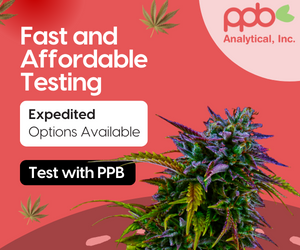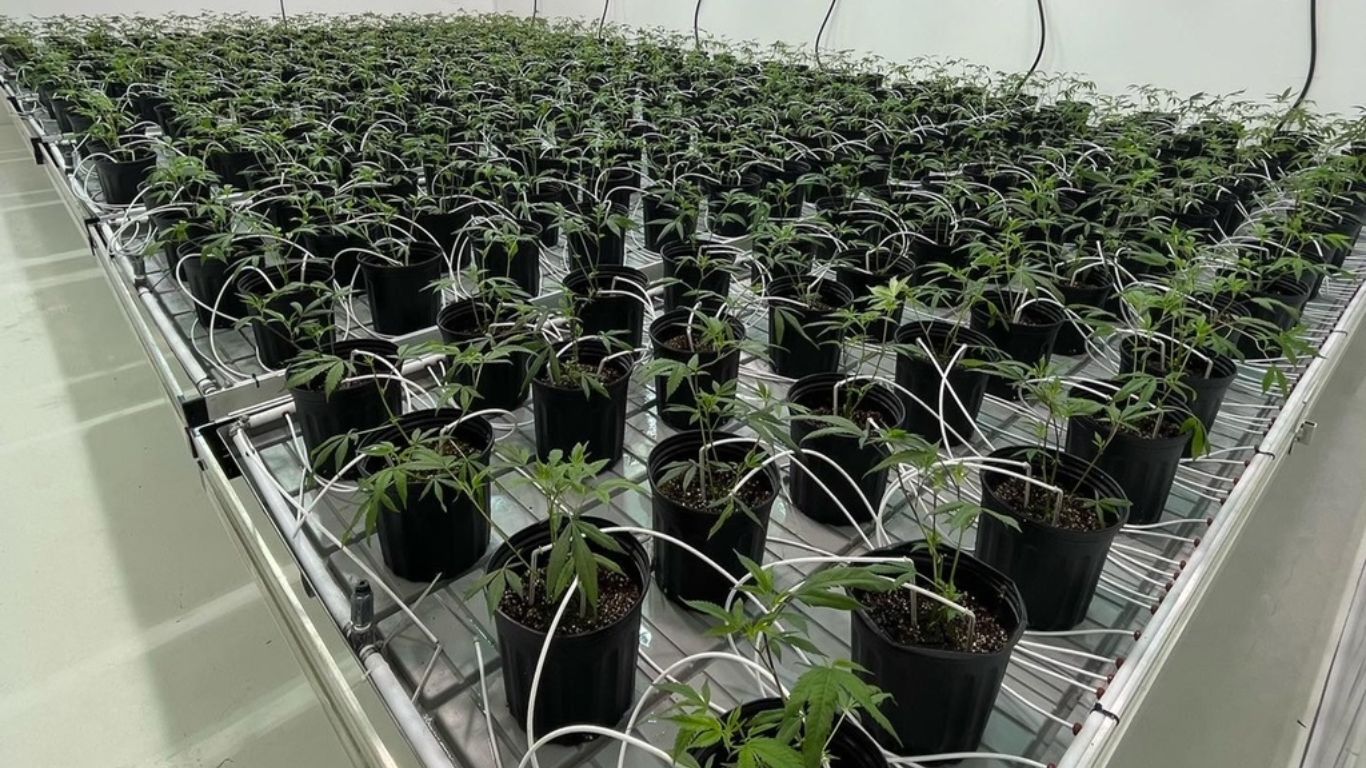
The city of Beaumont, Alberta, located near Edmonton International Airport, recently passed new rules to restrict the production of medical cannabis to agricultural land or light industrial areas.
The move comes in response to some community concerns over personal or designated medical cannabis production licences in residential neighbourhoods, says the city.
City council approved an amendment in January to its Land Use Bylaw that restricts medical cannabis production to Agricultural Holdings and Business Light-Industrial Districts and requires a development permit for production.
The Council first approved a motion to draft amendments to Beaumont’s Land Use Bylaw that would prohibit individuals with a federally-issued licence from growing medical cannabis in residential land use districts in mid-2023. The mayor placed blame on the federal medical cannabis regulations.
“When the federal government legalized cannabis and began issuing licences for people to grow it in their home for medical use, they created a situation where a single house could have upwards of 100 or more plants,” said Mayor Bill Daneluik at the time. “Unfortunately, they didn’t include any requirements to address potential issues, like overwhelming odors, from growing large amounts of cannabis and have left municipalities to deal with the problem.”
“Beaumont’s Land Use Bylaw now has clear rules for where medical cannabis production can take place, closing the gap created by federal legislation and making sure our neighbourhoods remain vibrant and livable,” the mayor said in a press release following the passage by the new amendments.
Zoning restrictions like odour and noise are generally managed at the municipal, not federal, level. Federal rules for such personal or designated cannabis production licences for medical purposes have been repeatedly upheld by a series of court cases that have affirmed people’s right to produce their own cannabis if authorized by a medical professional.
According to Health Canada’s most recent figures as of March 2023, the number of individuals registered for personal and designated cultivation of cannabis for their own medical purposes decreased by 6 percent from 20,448 in December 2022 to 19,076 in March 2023.
In 2018, there were just under 26,000 active personal/designated production registrations. That number grew to more than 47,000 by September 2021 before rapidly dropping to just over 19,000 as of March 2023.
Health Canada has been increasing the number of personal and designated production licences for cannabis for medical purposes, with 170 inspections in the most recent report through 2023.
Most of the licence holders inspected in the past year were in Ontario (115) or BC (29), but a handful were also in Alberta (5), Manitoba (10), and Quebec (11). In the previous year, Quebec saw the majority of these kinds of inspections.
Personal and medical authorization sites have been under increased scrutiny in the past few years from several municipalities and many Conservative MPs, especially in Ontario, where the OPP says criminal enterprises are exploiting the Health Canada medical, personal and designated cannabis production regime.
A southern Ontario county says they are the first in Canada to take steps to manage personal and designated medical grow licences through local zoning bylaws. In 2022, munis in Alberta called for limits on medical cannabis grows in residential areas.
The number of these inspections conducted by Health Canada has been growing annually. While there were 170 inspections in the most recent year and 89 the year prior between April 1, 2019, and March 31, 2020, Health Canada conducted 82 inspections associated with 82 personal or designated registrations. In 2019, there were only nine inspections related to such registrations.












